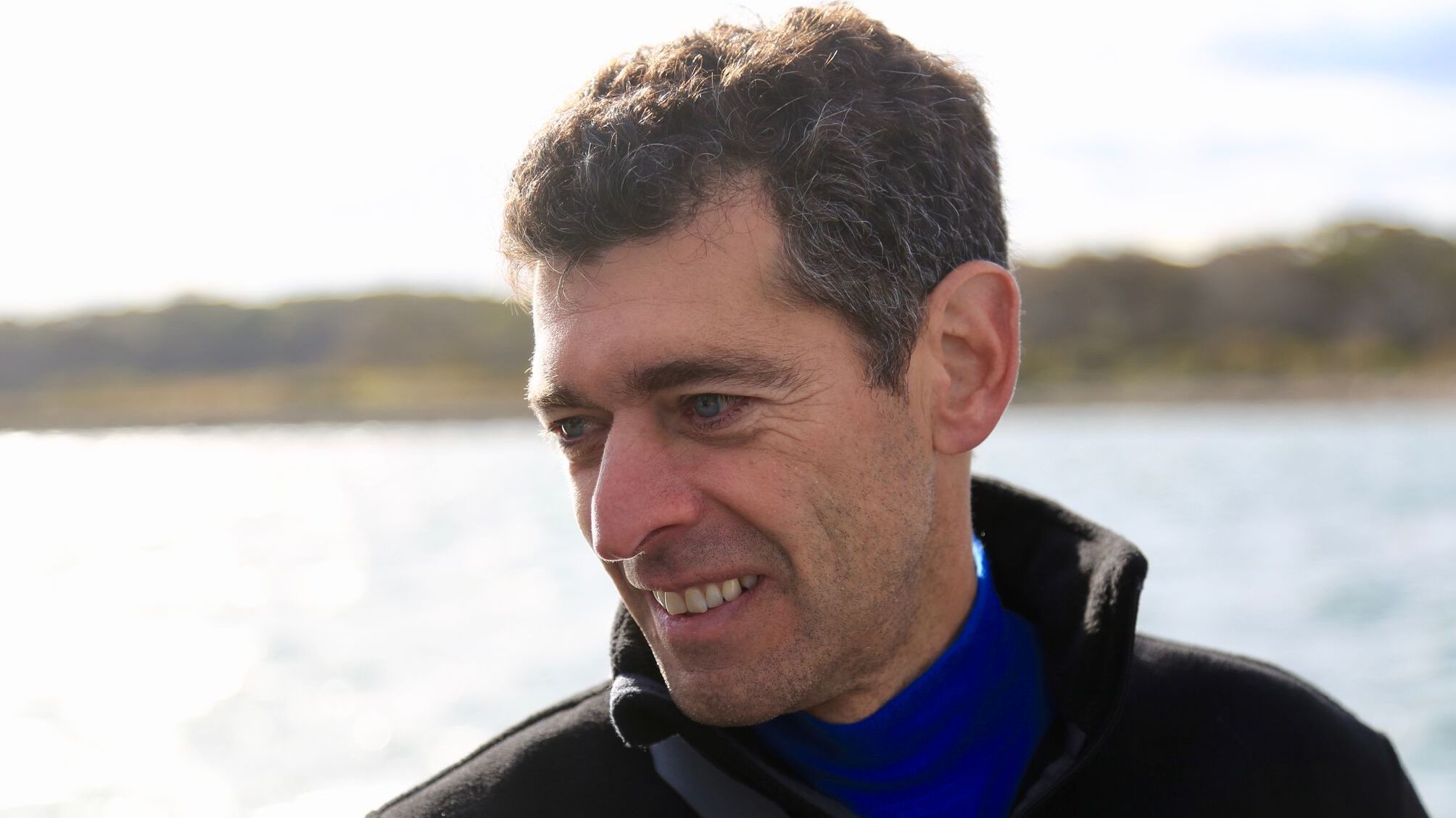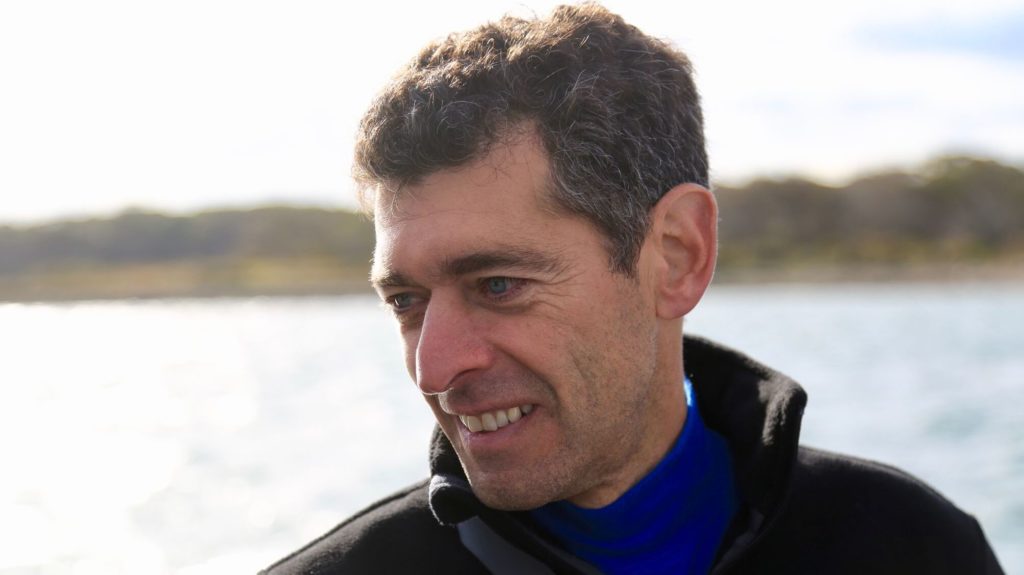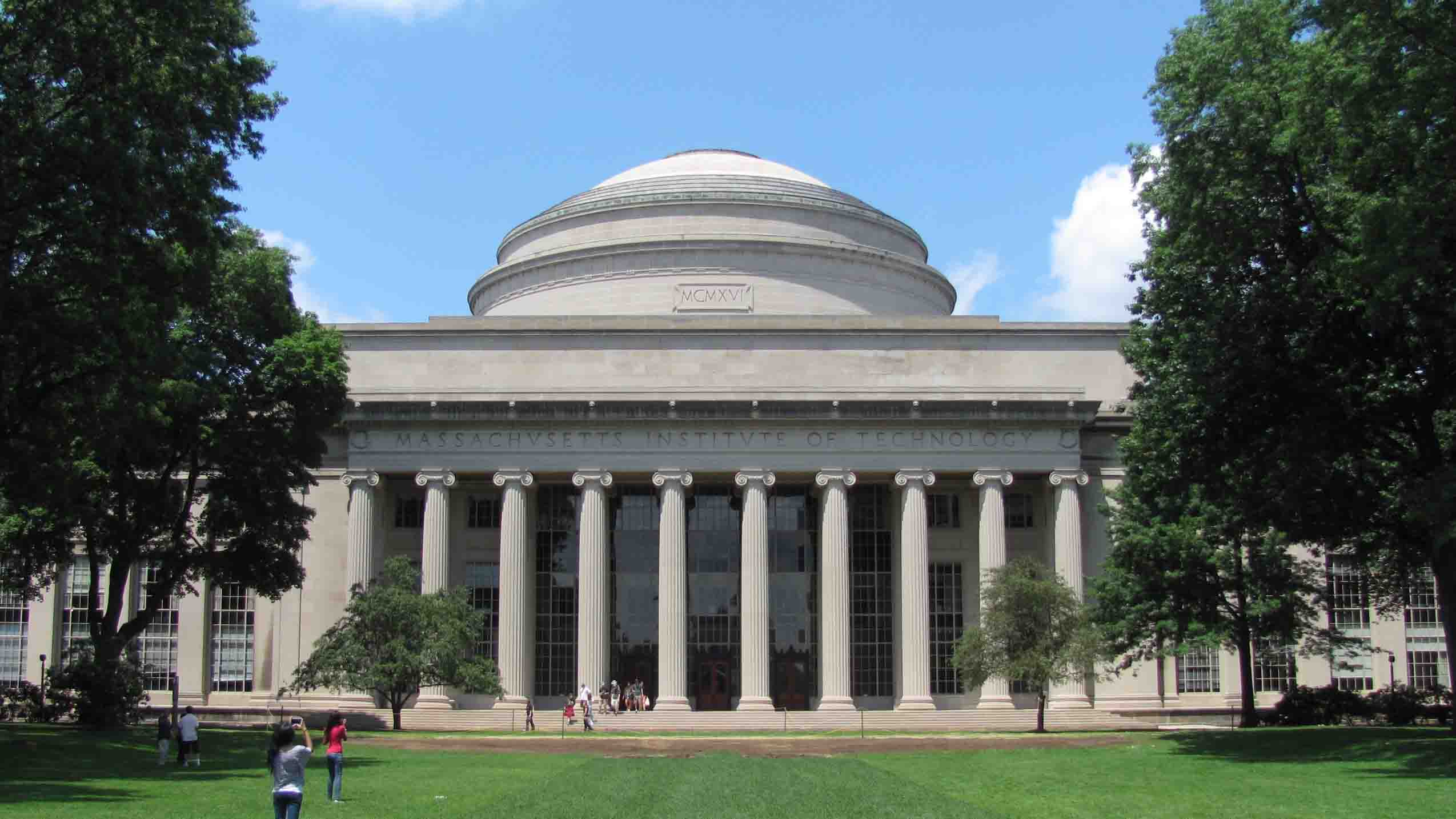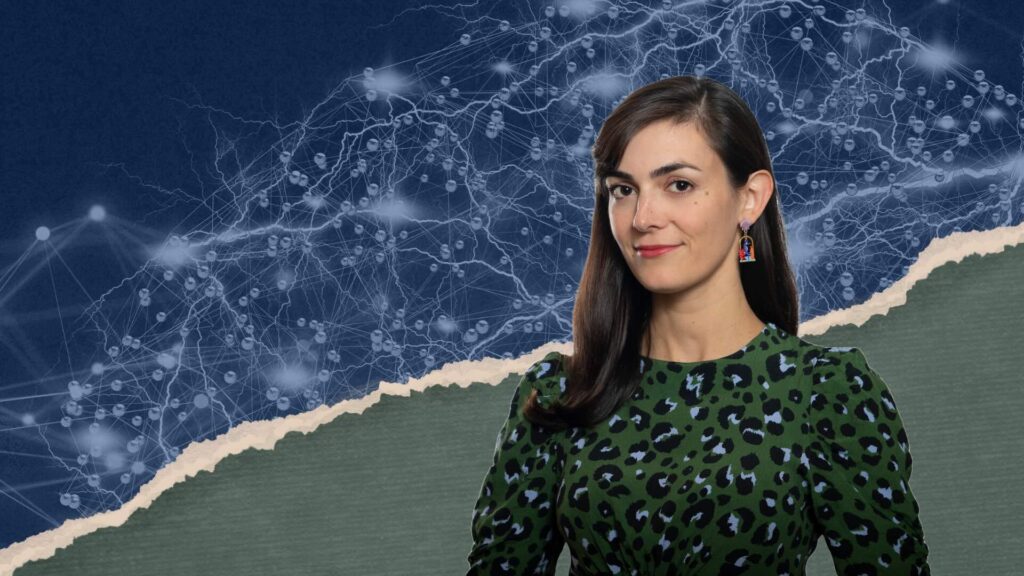
This is the second in a series of profiles of the 2017-18 Knight Science Journalism fellows, written by students in MIT’s Graduate Program in Science Writing.
Rowan Jacobsen has spent most of his career writing about food, particularly the sustainable food movement. From chocolate to apples to oysters, he has delved into the history and chemistry of what we eat, in such books as “The Essential Oyster,” “Apples of Uncommon Character,” and “American Terroir: Savoring the Flavors of Our Woods, Waters, and Fields.” He has also written articles for a variety of outlets, including Outside, Vice, Mother Jones, and Orion Magazine.
While many people don’t see food as scientific, Jacobsen uses his readers’ innate interest in their appetite to explore a variety of science topics. “I did a book [‘Fruitless Fall’] about the honeybee collapse, so that was really a science book even though it was about our food supply,” he says. In melding food and science, Jacobsen became increasingly exposed to the expanding field of genetically modifying and engineering edible organisms.
Intrigued by scientists’ ability to create novel DNA sequences using raw genetic material, Jacobsen decided to pursue this topic outside of the traditional food lens. “Once you’re a known author, everyone wants to pigeonhole you,” he says, although he admits that food is not the worst genre to get stuck in. “I didn’t want to get pigeonholed.”
He pitched synthetic biology stories to a few of his editors. He soon realized that his interest in telling the nitty-gritty of gene editing and his editors’ interest in freak-out stories about “designer babies” didn’t line up. “I delivered the story, and they totally didn’t get it,” he recalls.
Jacobsen realized that he’d need to find a place where he was free to explain the technology and the story of synthetic biology in a way that people understood, and he’d need to understand it better himself. He applied for a Knight Science Journalism fellowship to give himself space to explore the topic in different ways. “That’s my goal while I’m here,” he says, “to try to understand it on a deeper level, and figure out how to tell that story to people who are not deeply immersed in it.”
Jacobsen is considering two possible areas for research during his fellowship: biohacking and reviving extinct smells. Biohackers are people who engage in gene editing and other types of biological modification despite working outside of institutions or labs. They intrigue Jacobsen because they are very countercultural, and “their relationship to biology and to DNA is kind of different.”
As for extinct smells, Jacobsen is interested in the “ghost perfume” project, in which a Boston company called Ginkgo BioWorks hopes to use genetic material from extinct flowers to replicate their scent genes.
Jacobsen knows that the things he is writing about, such as gene editing, can be disconcerting. “It scares people for really good reasons,” he says. “But it also is going to be the key to, I would say, probably most medical advances and probably other environmental advances as well.”





Leave a Reply